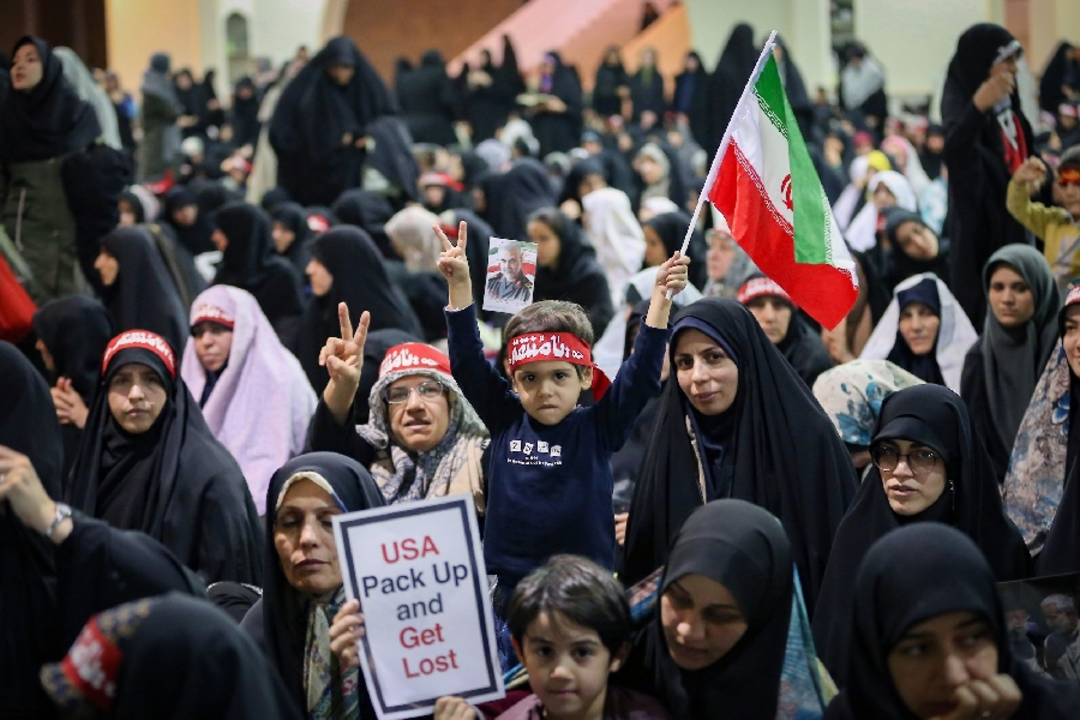Cultural Misconceptions and Stereotypes: Iran, Turkey, and the Arab Label
Ever heard someone call Iran or Turkey “Arab” and wondered why that keeps happening? That confusion pops up a lot, and it’s not always malicious. It often comes from shortcuts people make when they don’t know a region well. Here I explain the main reasons this mistake happens and give you clear, practical ways to avoid repeating it.
Why the mix-up happens
First, geography and religion create quick associations. Iran and Turkey are in the Middle East—a region many people lump together—and Islam is a major religion in both countries and many Arab states. When people rely on a few surface clues, they assume cultural sameness. Second, media and education shape perception. News reports or textbooks that group the whole region under one label make it easy to miss national and ethnic differences. Third, language and empire history muddle things. Arabic is the dominant language in Arab states, but Iran’s main language is Persian (Farsi) and Turkey’s is Turkish. The Ottoman Empire’s long rule and cultural exchanges also blur lines for those who don’t study history closely.
How to tell the difference fast
Want quick checkpoints to avoid calling Iran or Turkey Arab? Ask about language, ethnic groups, and national identity. If someone speaks Persian or Turkish, they’re not Arabic speakers by default. Iran has multiple ethnic groups—Persians, Azeris, Kurds—while Turkey’s population includes Turks, Kurds, and others. Even food and music styles differ: think Persian poetry and Turkish tea culture versus Arab dialects and Levantine cuisine. These cues help spot differences without needing a deep history lesson.
Another easy move: use the country name rather than a regional label. Saying “Iranian” or “Turkish” shows you see national identity. If you’re unsure, ask a respectful question. Most people appreciate the attempt to learn, and you avoid awkward assumptions.
Finally, check your sources. If a news story or social feed treats the Middle East as a single culture, look for local voices—writers, academics, artists—from each country. Local perspectives highlight differences that global headlines miss. Over time, exposing yourself to native literature, music, and reporting rewires the quick labels your brain reaches for.
Stereotypes stick because they’re easy. Breaking them takes small habits: name the country, notice the language, follow local creators, and ask questions instead of guessing. That simple approach reduces mistakes and shows real respect for people’s identities. You don’t need to be an expert—just curious and careful with the labels you use.
